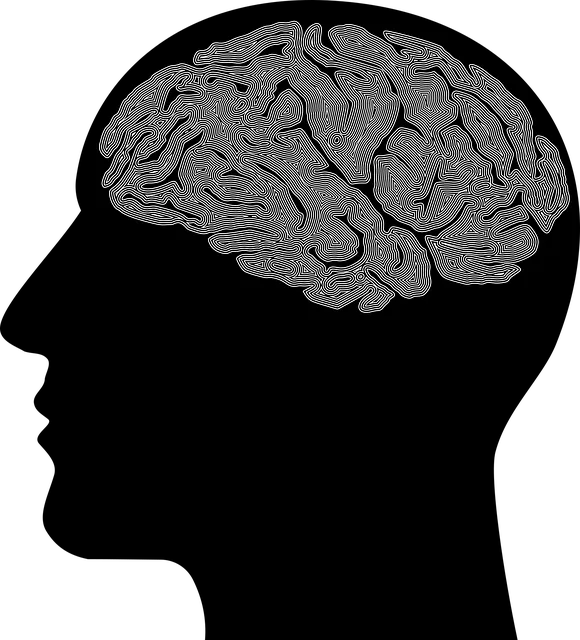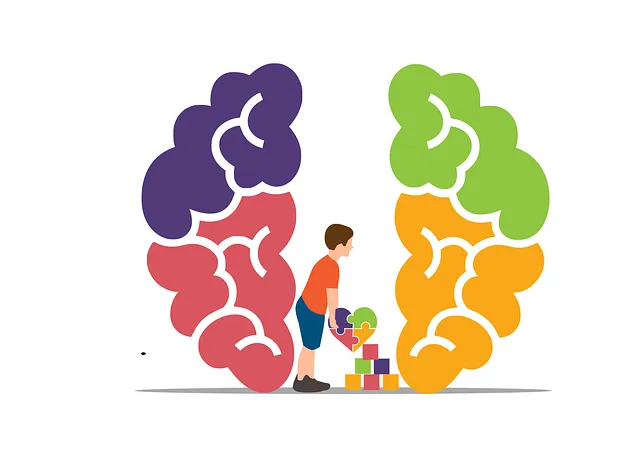Parker Kaiser Permanente is tackling mental health misdiagnosis (up to 30% accuracy issues) through a multi-faceted initiative focusing on enhancing diagnosis accuracy for all patients, especially those served by their mental health providers. They emphasize comprehensive patient evaluations, cultural competency training, and continuous education for providers, incorporating evidence-based practices, structured clinical interviews, mindfulness meditation, and self-care techniques to improve diagnostic precision and patient outcomes. This holistic approach prioritizes patient-centered care, fostering open communication and empathy to revolutionize mental wellness diagnosis and treatment within their healthcare system.
Mental illness diagnosis accuracy is a critical aspect of patient care, yet misdiagnosis remains prevalent in the field of mental health. This article explores efforts to enhance diagnostic precision, focusing on innovative strategies employed by organizations like Parker Kaiser Permanente. We delve into their approach, along with evidence-based methods and training programs tailored for mental health providers. Additionally, we highlight the significance of patient-centered care as a cornerstone for achieving more accurate mental illness diagnoses.
- Understanding the Challenge: Misdiagnosis Rates in Mental Health
- Parker Kaiser Permanente's Approach to Enhancing Diagnosis Accuracy
- Evidence-Based Strategies for Improving Diagnostic Skills
- Training and Education Programs for Mental Health Providers
- Patient-Centered Care: A Key to Accurate Mental Illness Diagnosis
Understanding the Challenge: Misdiagnosis Rates in Mental Health

Mental health misdiagnosis is a significant challenge within the healthcare system, and it’s not uncommon for individuals to face incorrect or delayed diagnoses. Studies have shown that misdiagnosis rates in mental health can be alarmingly high, with research indicating that up to 30% of patients may receive inaccurate initial assessments. This problem is particularly relevant when considering the complexity of mental illnesses, which often present with diverse symptoms and share similarities with other disorders.
At Parker Kaiser Permanente, efforts are being made to improve diagnosis accuracy. They emphasize the importance of comprehensive patient evaluations, incorporating not just clinical interviews but also self-care practices and Mental Health Education Programs designed to enhance awareness and understanding. Additionally, Healthcare Provider Cultural Competency Training is a key initiative, aiming to equip mental health providers with the skills needed to navigate the nuances of diverse patient populations, thereby reducing potential biases and improving diagnostic precision.
Parker Kaiser Permanente's Approach to Enhancing Diagnosis Accuracy

Parker Kaiser Permanente has taken a proactive approach to enhancing mental health diagnosis accuracy through innovative strategies. They recognize that proper diagnosis is paramount in effective treatment planning, and so have implemented a multi-faceted initiative focusing on both provider training and patient engagement. The organization prioritizes ongoing mental health education programs design tailored for their diverse patient population. These programs not only equip Kaiser Permanente mental health providers with the latest evidence-based practices but also foster an environment of continuous learning and improvement.
Furthermore, Parker Kaiser Permanente emphasizes the importance of healthcare provider cultural competency training. By addressing cultural nuances and biases, they ensure that every patient receives care that is sensitive to their unique background. This holistic approach includes stress management techniques for both providers and patients, recognizing that mental health is intricately linked to overall well-being. Through these efforts, Kaiser Permanente aims to improve diagnosis accuracy, ultimately leading to better outcomes for individuals navigating the complexities of mental health concerns.
Evidence-Based Strategies for Improving Diagnostic Skills

Mental health professionals at Parker Kaiser Permanente are continually refining their diagnostic skills through evidence-based strategies. One such approach involves incorporating structured clinical interviews and standardized assessment tools, ensuring a systematic and comprehensive evaluation process. These methods allow providers to gather detailed information about symptoms, their onset, duration, and impact on daily functioning, thereby enhancing accuracy.
Additionally, the integration of Mental Health Awareness programs and Mindfulness Meditation techniques has proven beneficial. By educating both patients and practitioners about mental health conditions, these initiatives foster better communication and understanding. Mindfulness practices encourage providers to remain present and attentive during sessions, leading to improved observation skills and a more nuanced grasp of individual experiences. This holistic approach combines clinical expertise with patient-centered care, ultimately aiming to enhance diagnostic accuracy and treatment outcomes.
Training and Education Programs for Mental Health Providers

Mental health providers play a pivotal role in accurately diagnosing and treating mental illnesses. To enhance their capabilities, Parker Kaiser Permanente has implemented comprehensive training and education programs. These initiatives focus on improving clinical skills, fostering empathy, and building resilience among healthcare professionals. By equipping providers with advanced knowledge and practical strategies, these programs aim to elevate the overall quality of care.
The training incorporates evidence-based practices, empathy-building techniques, and self-esteem improvement exercises. Such holistic approaches not only enhance the accuracy of diagnoses but also strengthen the therapeutic relationship between patients and their caregivers. As a result, mental health providers become better equipped to navigate complex cases, improve patient outcomes, and contribute to the overall well-being of the community.
Patient-Centered Care: A Key to Accurate Mental Illness Diagnosis

At Parker Kaiser Permanente, mental health providers are increasingly adopting patient-centered care as a cornerstone of their practice. This approach involves actively involving patients in their treatment plans, considering their unique perspectives and experiences, and fostering open communication. By prioritizing patient voices and needs, healthcare providers gain valuable insights into individuals’ mental wellness journeys, leading to more accurate diagnoses. Patient-centered care encourages shared decision-making, where mental health professionals work collaboratively with patients to tailor treatments, enhancing the overall accuracy of diagnosis and improving long-term outcomes.
Moreover, incorporating compassion cultivation practices into patient interactions further strengthens diagnostic accuracy. Mental health providers who cultivate self-compassion and empathy create safer, more supportive environments, encouraging patients to openly discuss their symptoms and struggles. This nuanced understanding of mental illness, combined with a risk assessment tool tailored for mental health professionals, enables more precise identification of various mental health conditions. As a result, patient-centered care, coupled with compassion cultivation, promises to revolutionize mental wellness diagnosis and treatment within the healthcare system.
Mental illness diagnosis accuracy is a multifaceted challenge that requires a concerted effort from all stakeholders. Organizations like Parker Kaiser Permanente are leading the way with innovative approaches, such as integrating evidence-based strategies and patient-centered care, to enhance diagnostic skills among mental health providers. By focusing on comprehensive training programs and adopting data-driven insights, we can significantly reduce misdiagnosis rates and improve patient outcomes. These efforts not only benefit individuals seeking mental health services but also contribute to a more effective and compassionate healthcare system overall.




